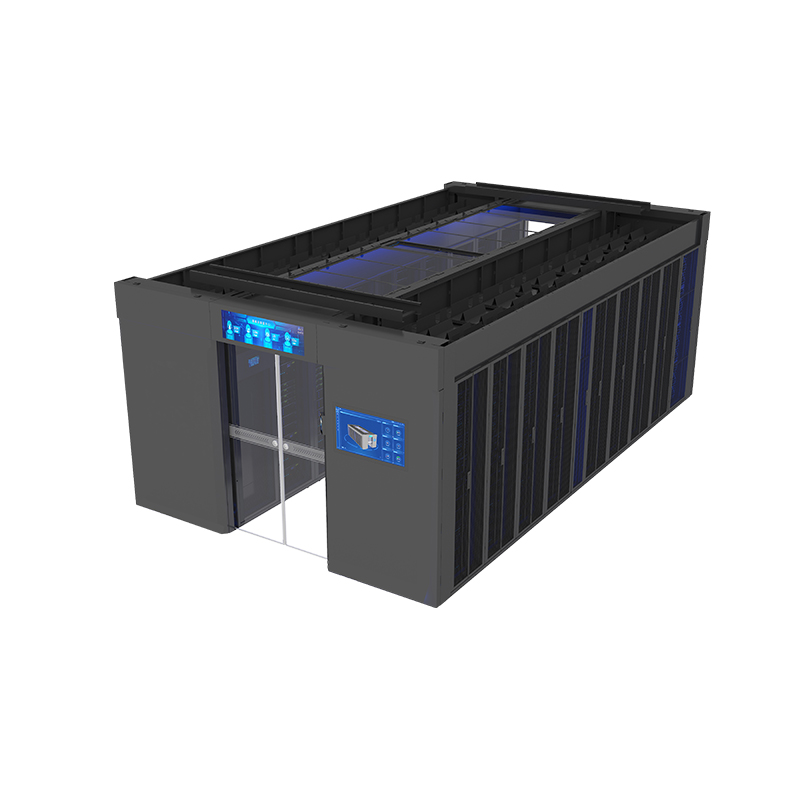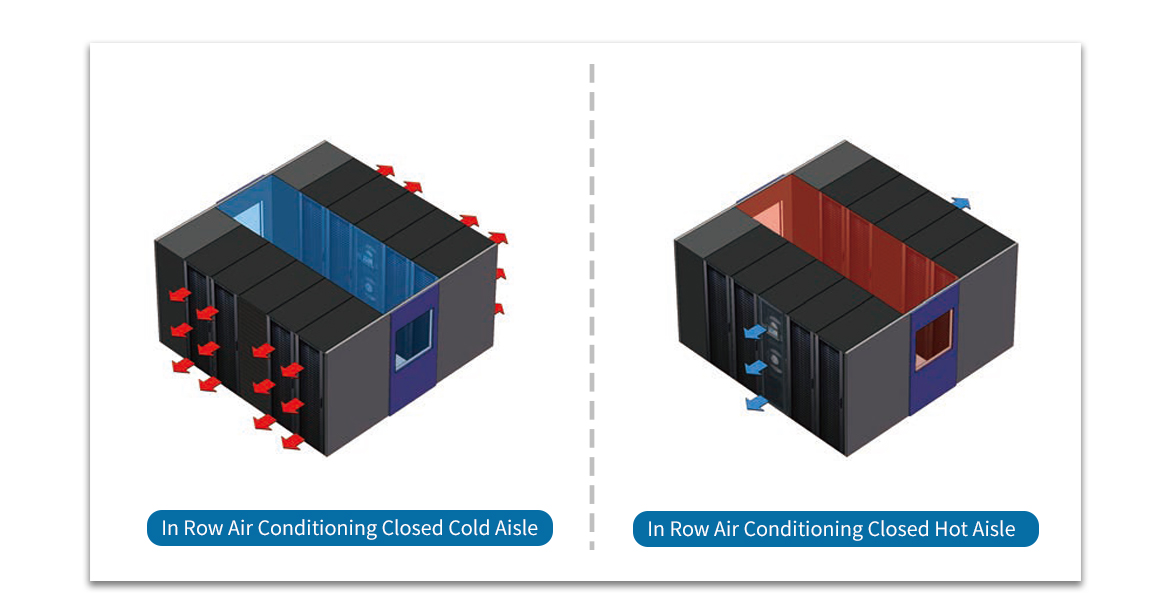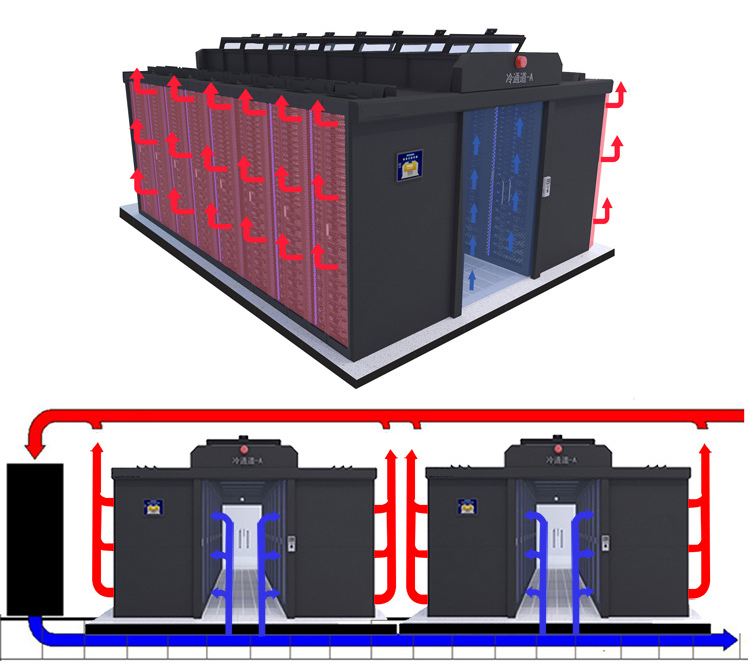1.减少人为错误
微型模块减少了数据中心的人为错误。微型模块组装流程、系统故障排除、文档编制和培训都变得更简单、更高效,从而提高了员工的技能,减少了员工的错误率。
2. 预测问题
了解事物的工作原理,结合此类事物的标准化程序(例如设备监控和预测性维护程序),可以对这些“意外”事件形成强有力的防御。
3.提高效率
学习效应相互影响、相互促进,从而全面提高效率。员工的知识越全面,解决问题的时间利用率就越高。人为失误的减少,不仅减少了纠正人为问题所需的时间,也减少了与此类问题相关的电话求助时间,从而更好地释放和合理利用人力资源。
4. 量产优势
零部件和工艺的标准化、微模块使得大规模生产成为可能,大规模生产的优势体现在以下几个方面:成本更低、品质更高、维护更简单、交付更快。
5.微模块系统可扩展性
微模块可根据当前IT需求部署,后期可根据需要添加更多微模块。微模块可显著降低TCO(总拥有成本)。
6.微模块系统可移植性
独立组件、标准接口和易于理解的架构在安装、升级、重新配置或移动微模块时可节省时间和金钱。
7. 微模块缩短故障修复时间
模块的便携性和可插拔性使得许多工作可以在工厂完成,包括交付前(例如,配电设备的预接线)和交付后(例如,电源模块的维修)。从统计上讲,在工厂完成相同的工作,其再故障率要比在现场完成低得多。例如,与在现场维修的 UPS 电源模块相比,在工厂维修的 UPS 电源模块导致电源故障、新故障或无法恢复满负荷运行的可能性要低数百倍。










